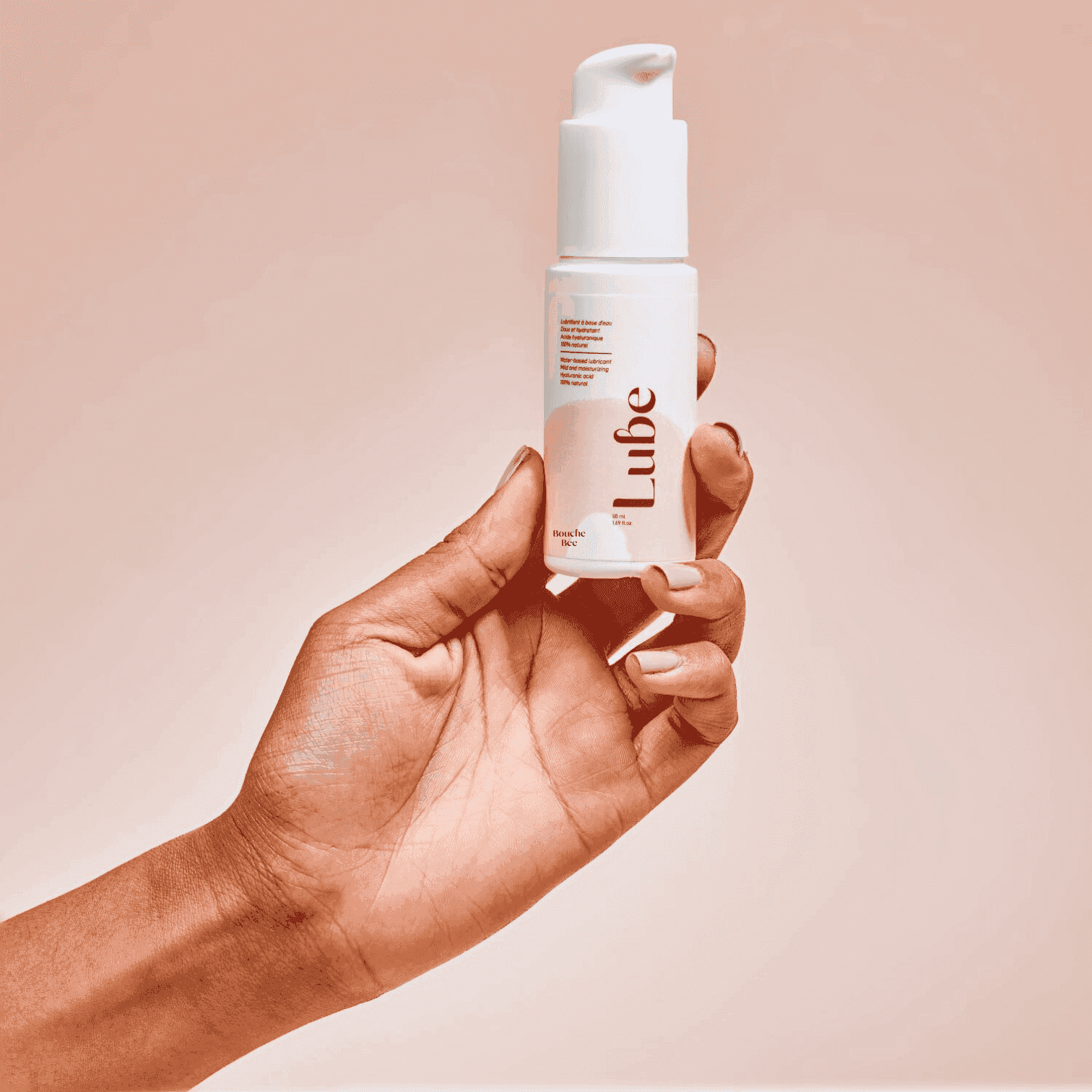L'importance du consentement dans une relation
Que ce soit pour une relation d’un soir ou une relation établie, le consentement est quelque chose de fondamental. Il est important que vous puissiez exprimer librement et clairement votre accord ou non pour pratiquer un rapport sexuel, cela permet également de se prémunir de toutes formes de violences sexuelles.
On vous explique les bases du consentement et comment les mettre en pratique.
Qu'est ce que le consentement ?
Si on prend la définition donnée par le dictionnaire le consentement est le fait de donner son accord pour une action. Le consentement peut être défini comme un accord mutuel et éclairé entre deux personnes qui participent à une activité intime. Il doit être donné librement, sans coercition ni pression, et il peut être révoqué à tout moment. Le consentement signifie que chaque individu est en mesure de faire des choix éclairés concernant son corps et ses limites personnelles, et qu'il est respecté dans ces décisions.
Le respect de l'autonomie et des limites
Le consentement permet de respecter l'autonomie de chaque individu dans une relation intime. Il reconnaît que chacun a le droit de décider de ce qui est confortable pour lui et de fixer ses propres limites. Lorsque le consentement est donné et respecté, cela crée un espace où les partenaires se sentent en sécurité pour exprimer leurs désirs, leurs besoins et leurs limites sans crainte de jugement ou de violence.
La communication ouverte et le consentement continu
La clé pour établir un consentement solide réside dans une communication ouverte et continue entre les partenaires. Il est essentiel d'établir un dialogue honnête et respectueux, où chacun peut exprimer ses attentes, ses préférences et ses limites. Cette communication ne se limite pas à une seule occasion, mais doit être constante et évoluer au fur et à mesure de l'évolution de la relation. Le consentement peut être donné de différentes manières, qu'il s'agisse d'un "oui" verbal, de signaux non verbaux ou de discussions préalables.
Le consentement et la prévention des agressions sexuelles
Le consentement est un outil essentiel dans la prévention des agressions sexuelles. Lorsque le consentement n'est pas présent, il s'agit d'une violation des droits et de l'intégrité d'une personne. En éduquant sur le consentement et en établissant des normes claires, nous pouvons contribuer à la réduction des agressions sexuelles et à la création d'une culture du respect mutuel.
Les implications juridiques et éthiques du consentement
Le consentement joue également un rôle crucial sur le plan juridique et éthique. Dans de nombreux pays, les relations intimes sans consentement sont considérées comme des agressions ou des viols. Il est donc impératif de comprendre les lois et les réglementations locales en matière de consentement. Sur le plan éthique, le respect du consentement est une responsabilité personnelle qui favorise des relations saines et respectueuses.
Le consentement est bien plus qu'un simple concept juridique. Il est le fondement d'une relation intime saine, basée sur le respect mutuel et la communication ouverte. En accordant une attention particulière au consentement, nous pouvons construire des relations solides, épanouissantes et exemptes de violence. Éduquer et promouvoir le consentement contribue à créer une culture où chaque individu est valorisé, respecté et libre de faire des choix éclairés dans sa vie intime. ❤️🔥
Lara























